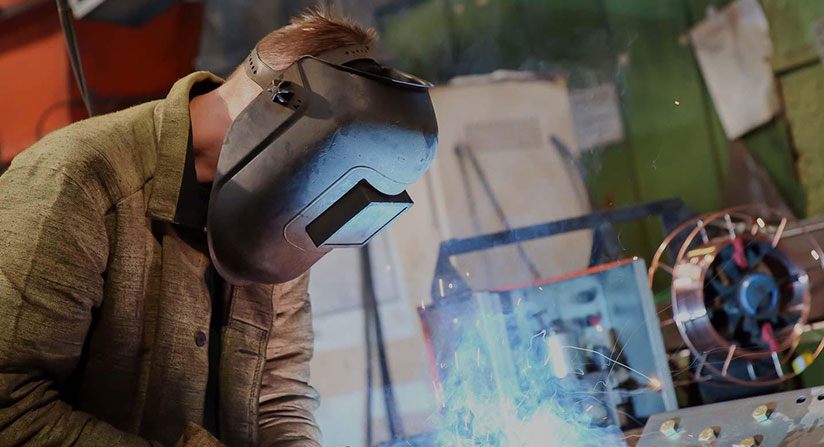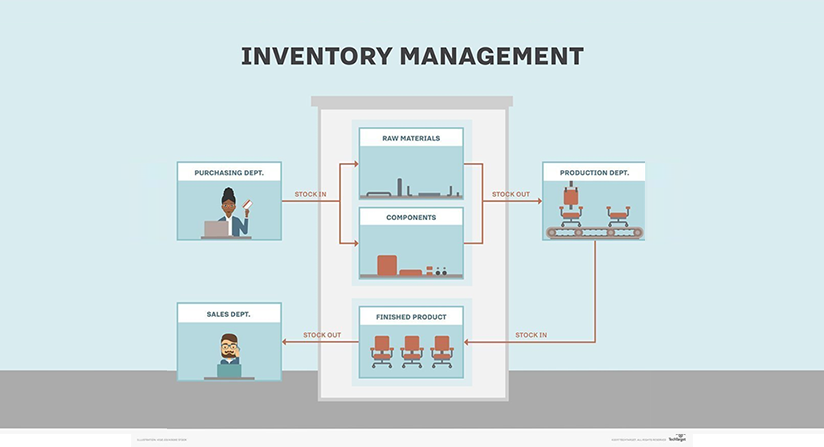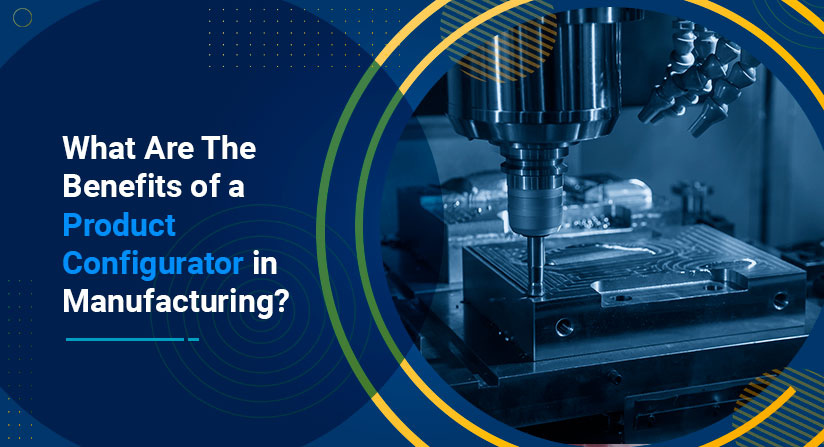The manufacturing of large things – like aircraft, ships, or other complex, integrated assemblies – can take months or years to build. These products are typically produced in low volumes using high-touch labor, and because of their complexity, the manufacturing process may involve parts that are subject to continuous design changes and regulatory requirements.
To successfully meet the challenges that come with building these products, manufacturers are looking for solutions that maximize performance while improving operational efficiency, supporting standardization, and meeting lean manufacturing requirements. They also want visibility into accurate, real-time manufacturing information throughout the production process via a solution that integrates and protects product data as information is made accessible to customers, suppliers, and internal stakeholders.
With an increased focus on software affordability, these companies are seeking an integrated manufacturing system that provides:
Connected planning and shop operations.
For manufacturers to be efficient, it is important for them to close the loop between mission-critical manufacturing planning, shop-floor operations, and the rest of their organizations. Manufacturers want a solution that helps them plan, define, capture, track, share, and store data for subassemblies, subsystems, and final assemblies, with real-time visibility across a manufacturing line, an entire plant, or a whole enterprise.
Integrated product definition.
The management of manufacturing engineering, planning, and work-instruction authoring is also key, as it allows engineers and production planners to define how highly complex products are manufactured, modified, and maintained during product support.
Manufacturing execution.
The most successful companies can control the manufacturing processes for complex assemblies, which helps shop-floor supervisors, mechanics, and quality technicians build products and collect data as specified to meet compliance requirements.
Mobilization of the manufacturing staff.
A comprehensive solution will also provide shop-floor supervisors, mechanics, and quality inspectors with quick and easy access to critical manufacturing data at the point of work through mobile technology. This kind of solution eliminates the need to travel from the work site to tethered workstations by delivering electronic work instructions, including visual aids, where and when users need them.
Start maximizing your performance today
There are specific technology solutions that can help you address today’s challenges by leveraging deep knowledge in discrete manufacturing and assembly for tightly integrated collaboration and greater control of your shop-floor control.
For instance, the right vendor can provide you with broad, content-rich functionality that can optimize the production, quality, and compliance of highly engineered products. Software like this can also help you enforce lean manufacturing principles, reduce cycle time for work in process, and properly allocate resources. And with features such as nonconformance tracking and interactive work instructions, your operation can become more effective, thereby reducing scrap, rework, and production downtime.
An advanced manufacturing solution can also help make engineering changes more visible and traceable, so you can improve operational and business decision making. You will also be able to integrate your manufacturing operations with the rest of the enterprise for a continuous coordination between all organizational activities.
Learn about how OptiProERP’s comprehensive manufacturing ERP can help businesses enhance their traceability and improve their decision making ability.
Follow Us










